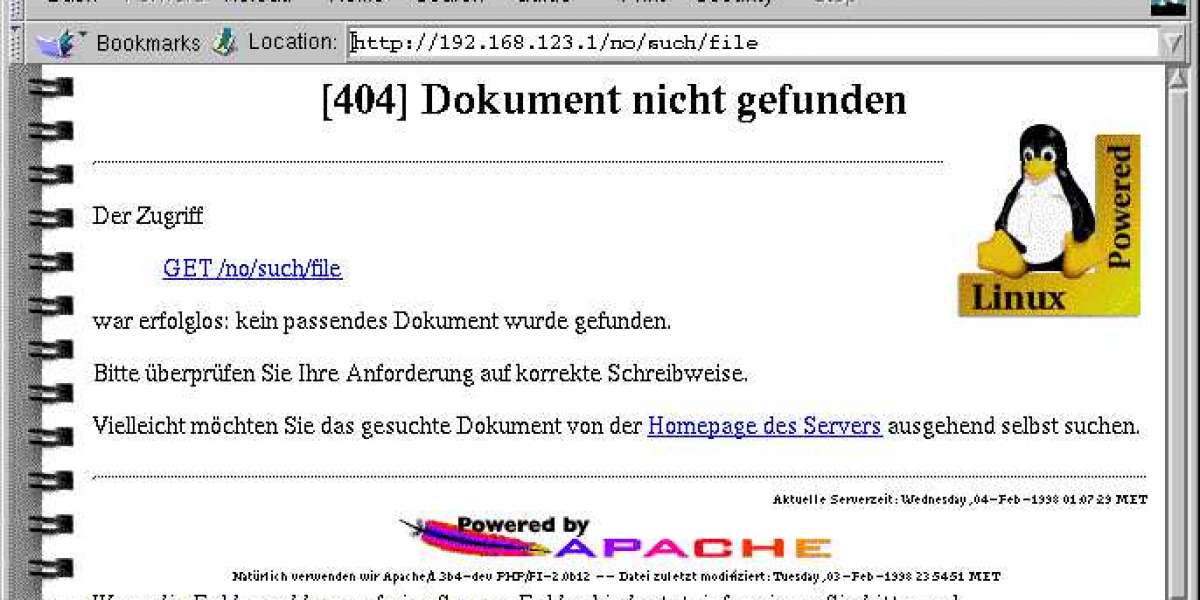You rejoice in a financial victory when you sell an investment at a gain. However, when it comes to the time of year when tax season is approaching, that wine can taste a bit sourer, particularly when residing in California. The federal government has been encouraging long-term investing by taxing the same at lower rates, but California uses a different strategy, which may result in a surprisingly huge tax bill.
Most of the investors are dismayed by the fact that the Golden State fails to differentiate between short-term and long-term capital gains. This is one of the most important rules to be comprehended by any person seeking fortune in California. When you are facing troubles, hire a tax expert (like a criminal tax attorney) and get help.
Check the Core Concept
On a federal level, the tax system will also favor the holding of assets, as the long-term capital gains are reported at a reduced rate (long-term capital assets should be held in excess of one year). Such rates are usually 0, 15, or 20 percent, based on your income.
The state charges all the capital gains as ordinary income with no regard to whether the asset has been held for 60 days or 60 years. This is because your profit will merely be included in your annual taxable income and taxed at the California standard progressive income tax rates, which culminate with a nation high of 13.3%.
Why is It Important?
This policy will have what is known as a double-whammy effect, which is that your investment profits will be taxed on both levels.
- You will be charged a federal long-term capital gains rate on your profit.
- You pay your regular California income tax rate on that very profit.
Tips That Will Help You Make the Right Strategy Around Capital Gain Tax
a) Harvest Losses
This is the best weapon of yours. Through the sale of other investments that have depreciated, you can use the capital losses to counterbalance the capital gains. In case your losses are greater than gains, you may offset gains up to 3000 dollars against ordinary income and carry forward the rest.
b) Check the Holding Period
Although California is indifferent, it is still important to hold an asset for more than 12 months to get the lower federal tax rate. Always aim for the long-term.
c) Explore New Opportunities
Investing capital gains in a Qualified Opportunity Zone (QOZ) Fund may enable you to defer and even lower your federal tax bill. Although this federal deferral is not applicable in California, it can prove to be of great use. Consultation with an experienced tax professionals (like an LA tax attorney) will surely help.
d) Plan on a Large Scale
When selling a primary residence, the exclusion of the federal home sale (250,000 -500,000,000 as a couple) is also applied to your California filing. This is a vital shelter. In investment properties, a 1031 exchange will defer both state and federal taxes, which means that you will be able to invest the entire proceeds.
The tax system in California requires active planning. Do not think that you will have a similar tax obligation as that of the federal government. It is not a simple matter of saving your hard-earned money to consult with a qualified CPA or tax advisor who would be privy to the federal and California law before having a major liquidity event.














